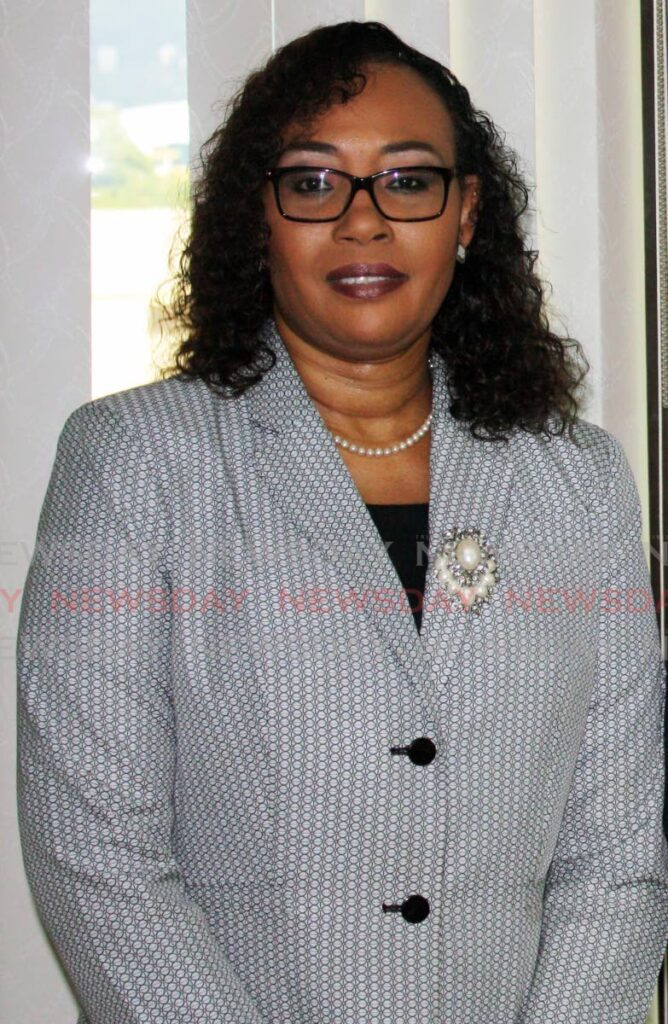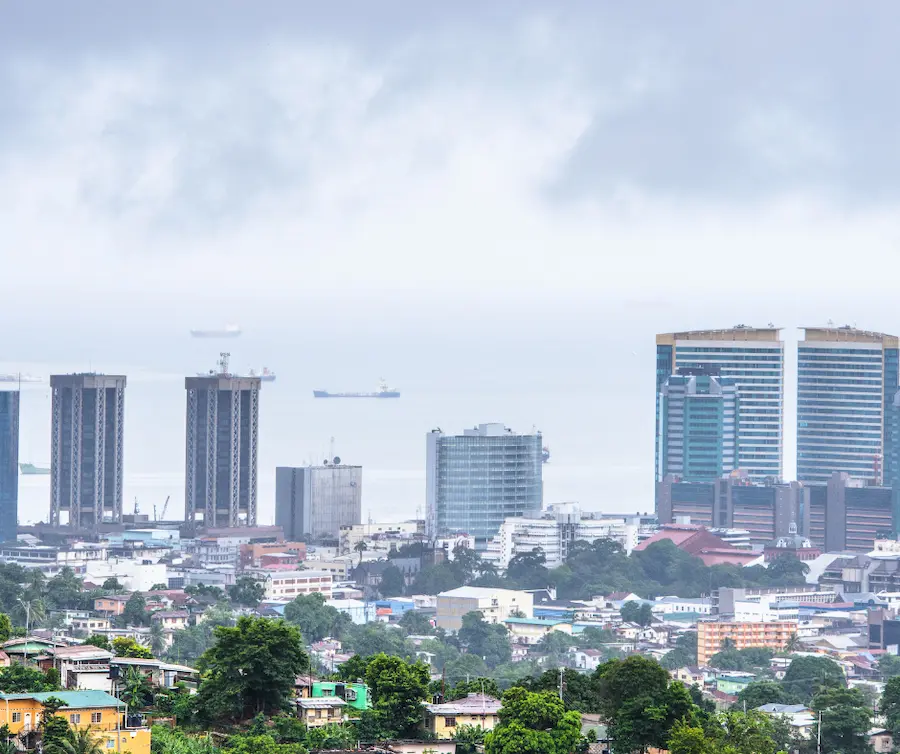

PRIME Minister Stuart Young says he is not rushing to trigger the provisions of Section 137 of the Constitution with respect to a recent ruling by the Privy Council in favour of Justice Marcia Ayers-Caesar.
In a ruling on March 24, the Privy Council affirmed that Ayers-Caesar was wrongfully pressured into resigning by the Judicial and Legal Service Commission (JLSC), led by Chief Justice Ivor Archie and declared her removal unconstitutional.
The ruling restores her judicial status and entitles her to the salary she would have received since her appointment on April 12, 2017.
The ruling upheld a decision by the Court of Appeal that the JLSC acted beyond its authority in coercing Ayers-Caesar into resigning.
The Court of Appeal, in its ruling, had unanimously declared the JLSC’s actions illegal and its pressure on Ayers-Caesar to resign unconstitutional. The panel – Justices of Appeal Allan Mendonca, Nolan Bereaux, and Alice Yorke-Soo Hon – held that Ayers-Caesar never legally ceased to be a puisne judge since her resignation was unlawfully obtained.
>
The judges ordered her resignation letter removed from the President’s records and directed that she be compensated for violating her constitutional rights.
Ayers-Caesar, appointed as a High Court judge on April 12, 2017, resigned just 15 days later following public backlash over 53 unfinished cases from her time as a magistrate.
She claimed she was forced to resign under threat that the President would otherwise revoke her appointment.
In a statement on March 25, Assembly of Southern Lawyers called for Archie to be investigated for his role in the JLSC.
Section 137 of the Constitution deals with the removal of a judge from office for "inability to perform the functions of his office (whether arising from infirmity of mind or body or any other cause) or for misbehaviour."
Addressing the issue with the media outside of the Macoon Street Mosque, Victoria Village on March 31, Young said, "I had asked the Attorney General . . . for them to look to get some advice on that opinion that has come from the Privy Council. I have seen people calling for that."
He added, "That is not a decision that is made on the cuff. That is a decision that is made on the fly. That is a very serious decision.
"I have the legal experience with it because I was part of the legal team that had provided advice with respect to Section 137 when I was in practice.
"So I am very familiar with the Constitution and in particular that section."
>
The provision of Section 137 include the appointment by the President of a tribunal to investigate the alleged conduct of the judge in question. The conduct of a chief justice can be investigated using Section 137.


